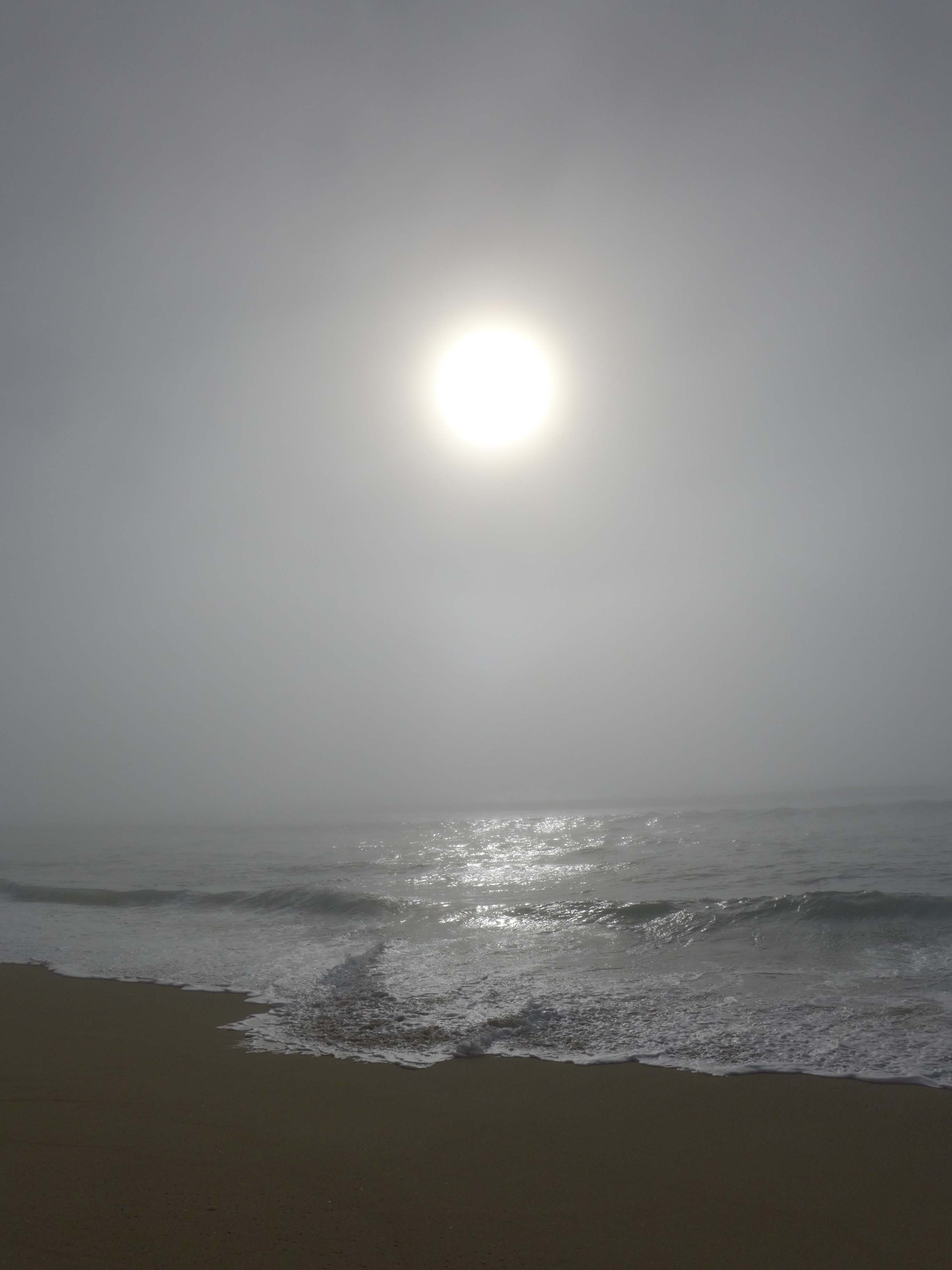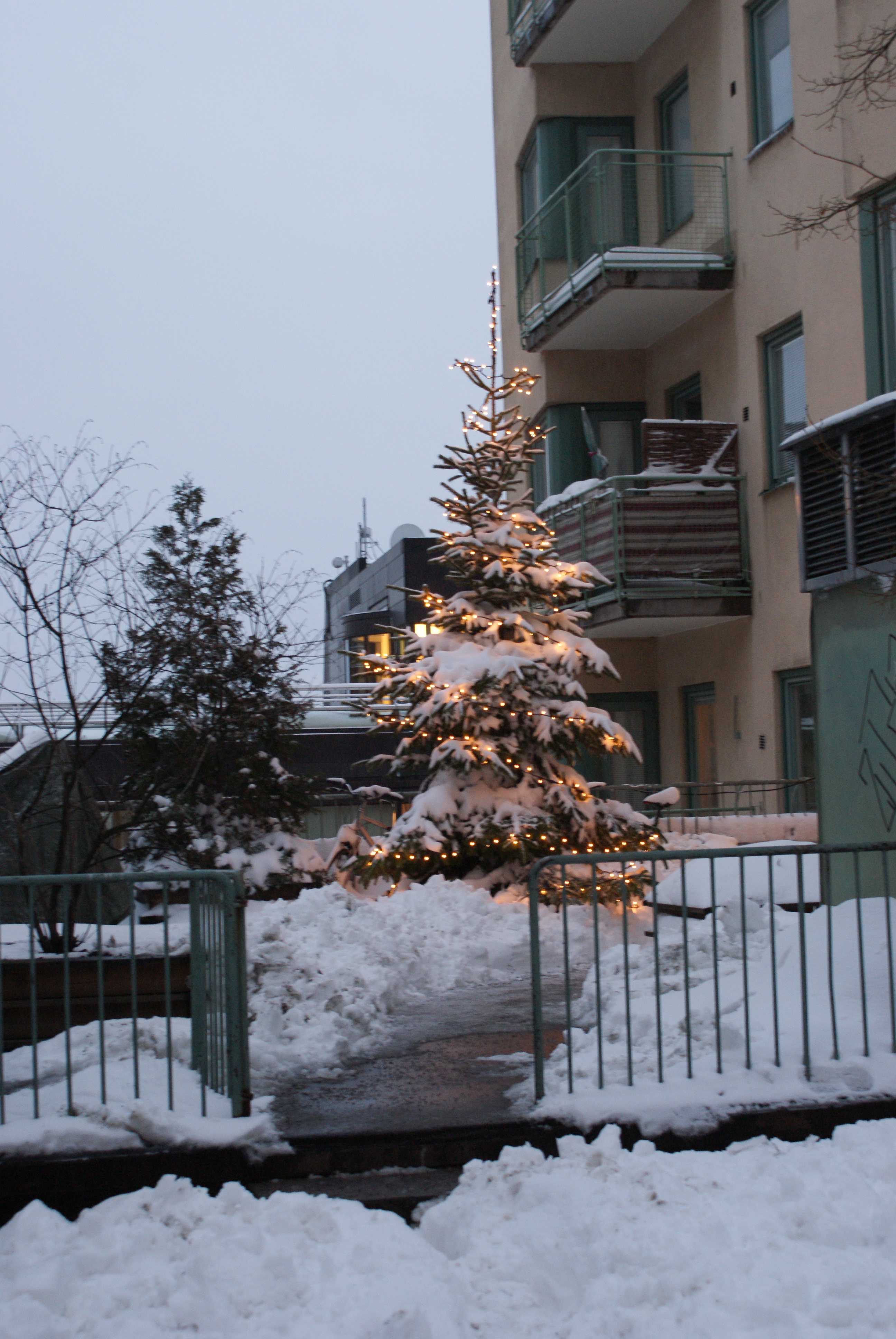The Loyalty of Water: Women on Writing
 Thursday, February 6, 2014 at 11:04AM
Thursday, February 6, 2014 at 11:04AM 
Of this there can be no question--creative work requires a loyalty as complete as the loyalty of water to the force of gravity. A person trudging through the wilderness of creation who does not know this--who does not swallow this--is lost. He who does not crave that roofless place eternity should stay at home. Such a person is perfectly worthy, and useful, and even beautiful, but is not an artist. Such a person had better live with timely ambitions and finished work formed for the sparkle of the moment only. Such a person had better go off and fly an airplane.
Mary Oliver, Blue Pastures
My first novel is currently out on submission.
It took a long time to get here, but at least during that process there was something that I could do, something productive, even if it was beating myself up about not doing the things that were productive that I knew I could be doing.
Now, however, it's out of my hands. My agent, a wise woman, recommended that I not let myself in for the blow-by-blow of each individual non-response and pass. Listening to her has probably been a smart move for my marriage and relationships in general; I'm not precisely good at ignoring things, but at least I'm not constantly reminded of the small failures inherent in this process. I've been going about my life much as normal, albeit with a small, steady ringing of tension in my ears that never quite goes away.
There are a lot of failures inherent in this process. Recently I spoke on a small panel to potential St. Mary's MFA grad students, and that's what I told them: you're going to fail, so let your MFA program be the safe space where you learn to get back up again. Invaluable, really.
Some of the best advice I've been given: Keep going. When your book is out on submission, start another project. Keep busy.
I'm doing my best. But as I wade deeper into my thirties, what I figured out at about 28 or so only becomes ever more apparent; I will never have this balancing act perfected. There will be moments of pristine performance, true, moments when the hours on this project, the hours on that, the hours for the immediately-paying-work, the hours needed for this person, and the hours for myself, all carefully arranged and maximized, will look like an ancient Greek mosaic.
Those will only be brief moments. The rest of the time, things will more closely approximate a bag of skittles emptied on the kitchen floor. Maybe two bags. Of different flavors.
It's become a truism of our times that social networks make people feel bad, or if not a truism, then at least a frequent topic of half-think pieces on various news websites. Those carefully-curated versions of life obscure so much, whether deliberately or no, and it's easy to forget that we're all up against our own monsters. My own personal reality check is my female writer friends. In the past year I've been reminded again and again how remarkably easy it is to feel isolated as a writer and in how little time some personal connection can remedy that. They have this breathtaking range of wisdom and experience and insight and honesty. They keep me both grounded and committed to the long haul of being an artist. In our conversations they give to me perhaps the most essential thing: the story of how they, too, struggle, maintain, fail, and, on occasion, succeed. Their stories have to be heard to be believed—after all, they do have a way with narrative, a way with words.
So why expect you to simply take my word for it?
This is the inauguration of a mini-series, The Loyalty of Water, a virtual meeting of the minds and a reflection on the challenges and failures, the grind and the joys, of being a writer and a woman today. Contributions will come from writers in as many places and stages of life as I can drum up.
Watch this space.
